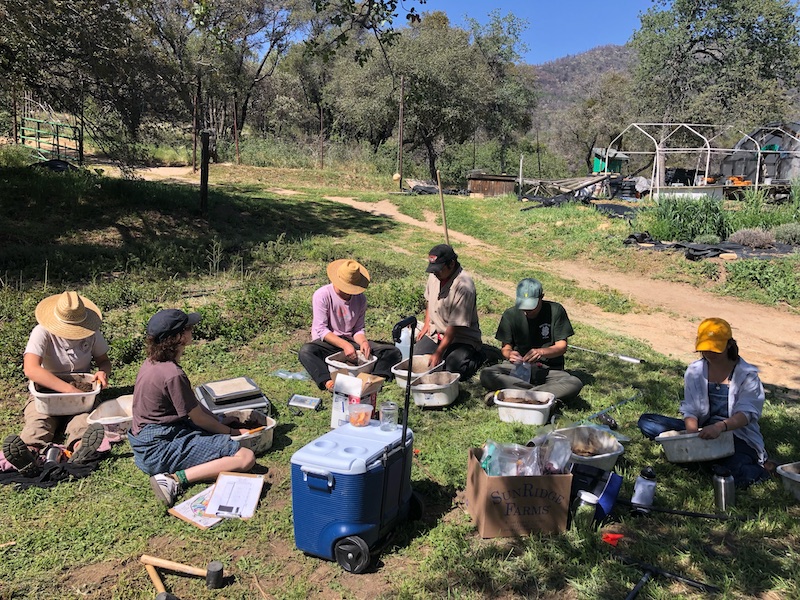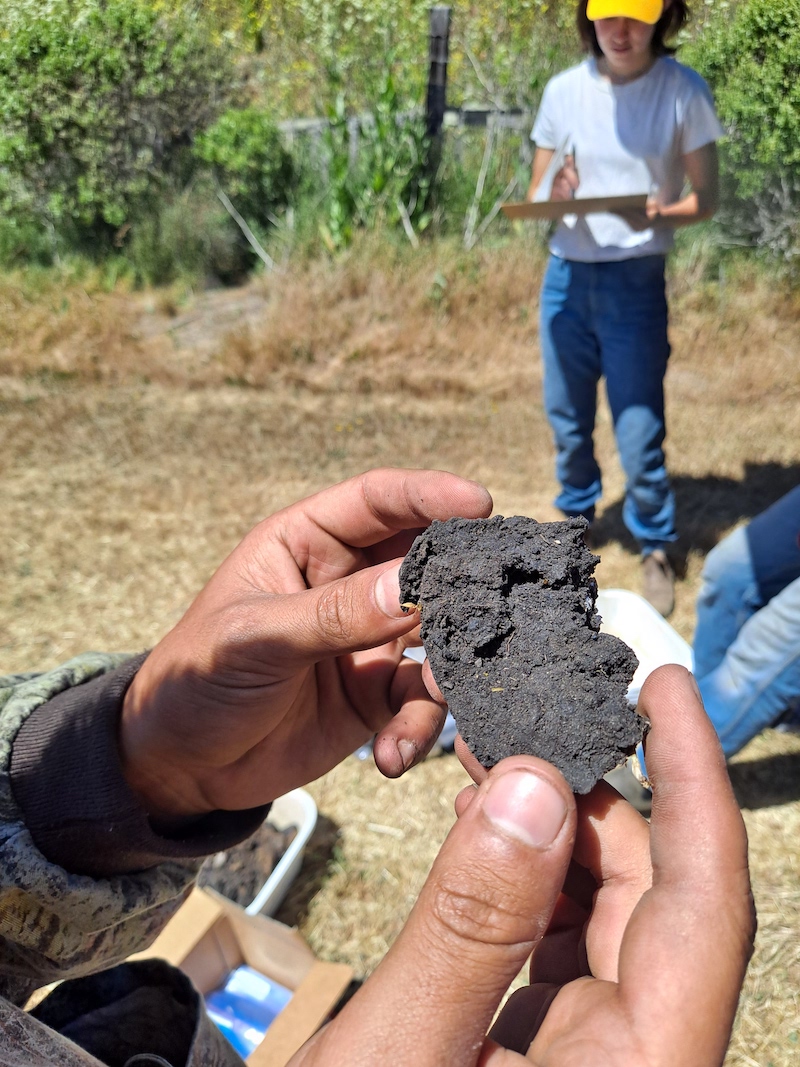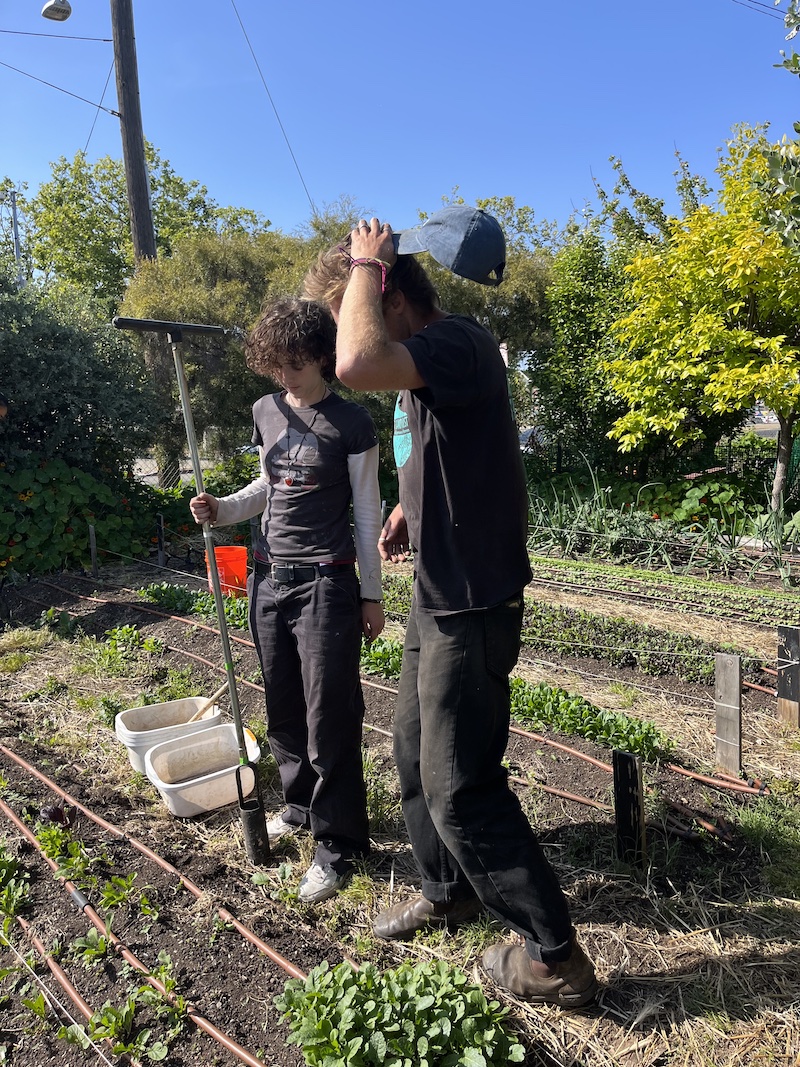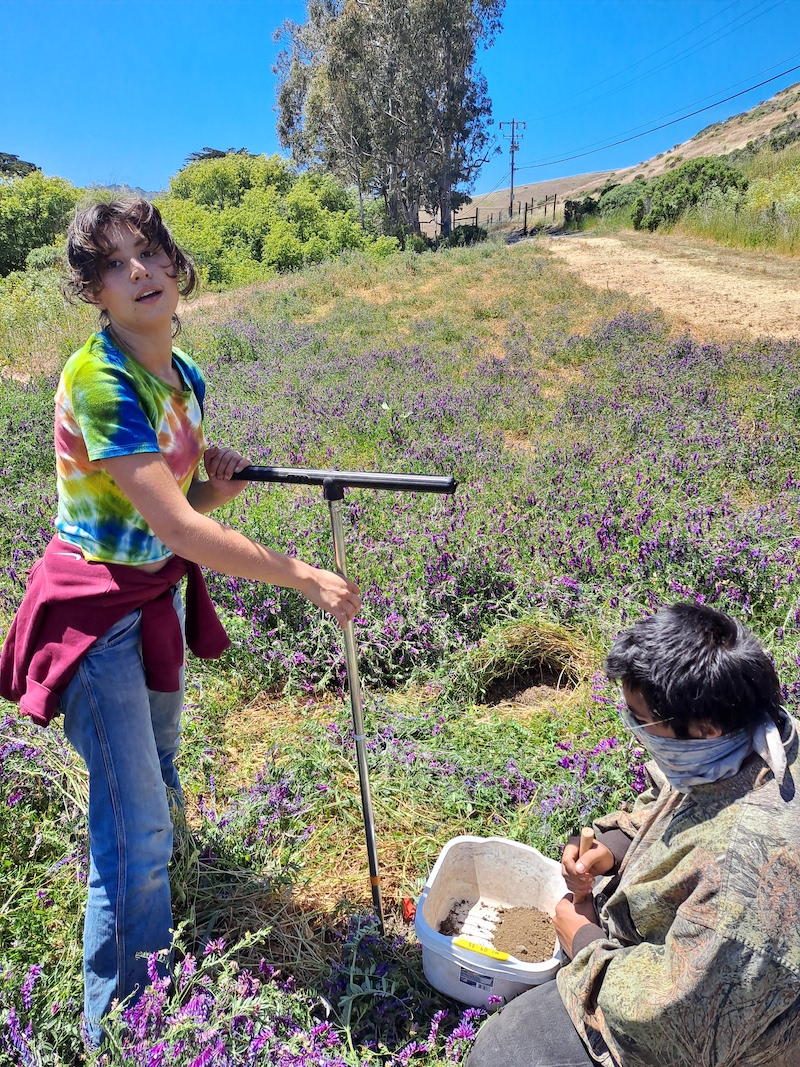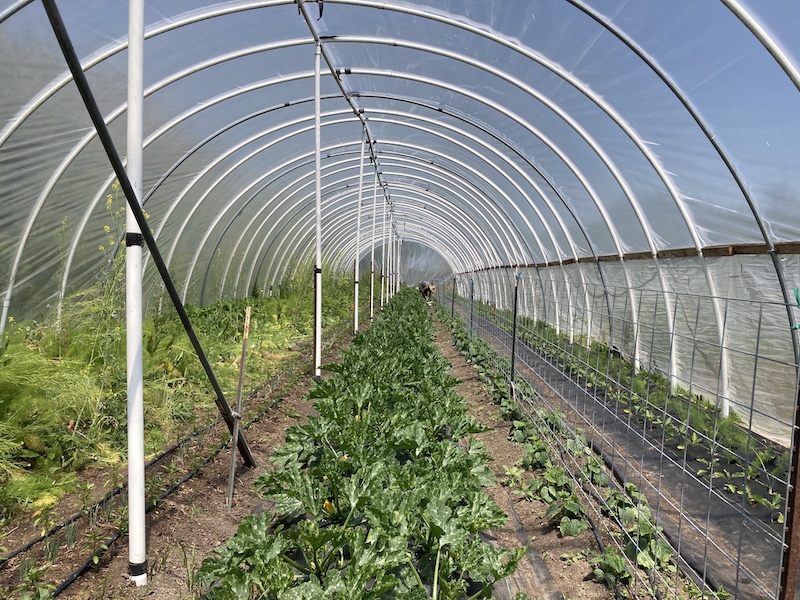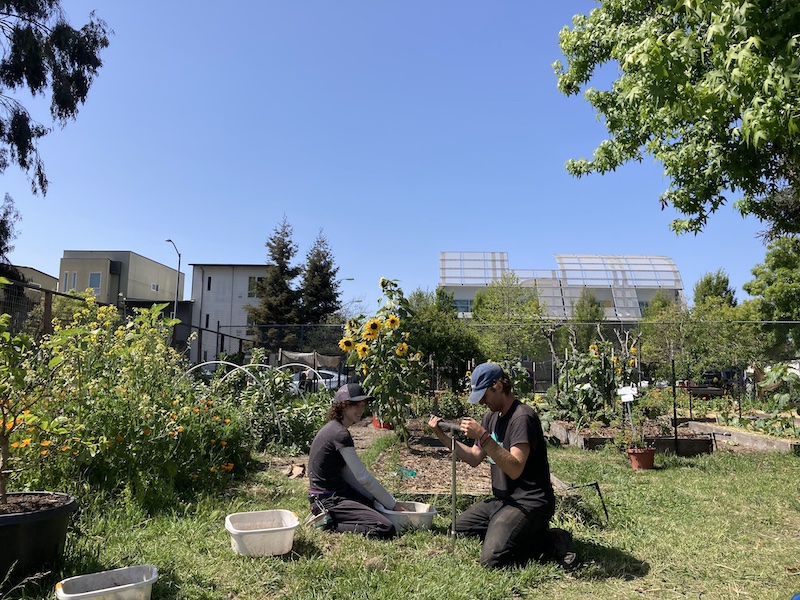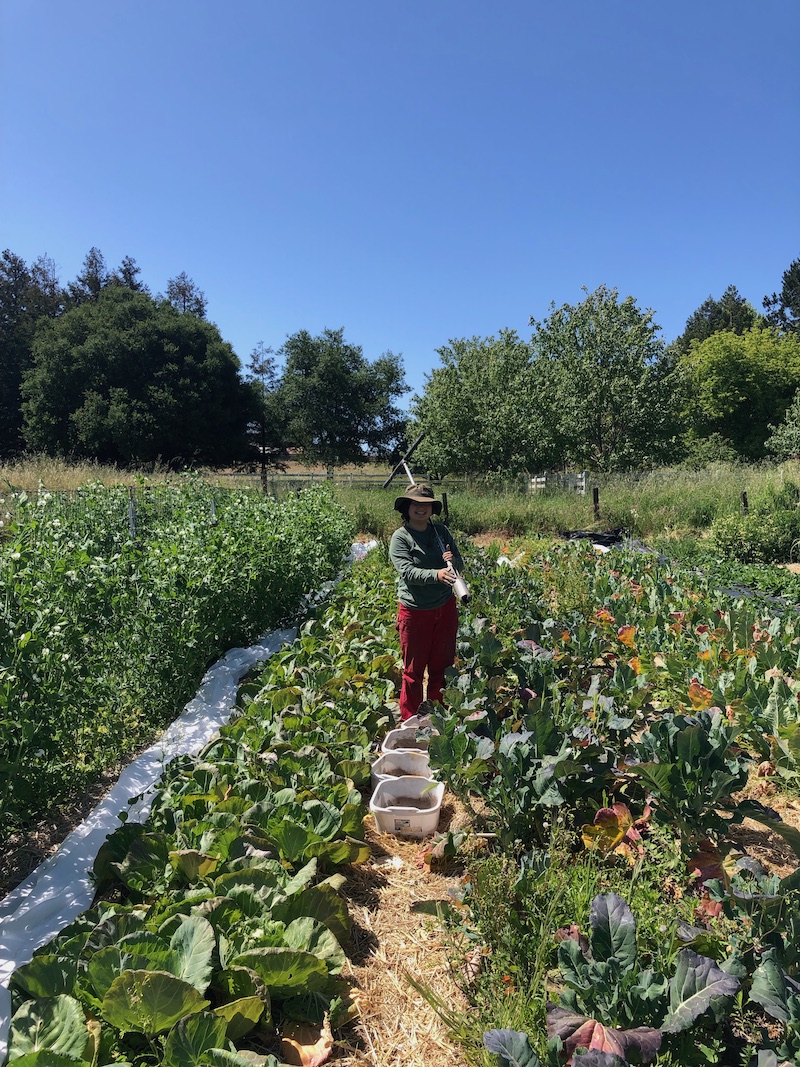CASE STUDY
Bringing Testing Expertise to UC Berkeley’s Soil Horizons Project
Opportunity
The Soil Horizons Project is an important initiative by the Berkeley Agroecology Lab at UC Berkeley (UCB). The program works directly with farmers to design and execute free soil health sampling and testing for small farms and community organizations.
As part of this program, a UCB Graduate student named Cole Rainey received grant funding to perform characterization of urban farms in at-risk communities.
The free testing would ensure soil was suitable for farming by ensuring compliance with Human Health Environmental Screening Limits.
Over the course of several months, plans were drafted, budgets were approved, and more than 30 different sample sets were collected and submitted to the lab for testing.
Challenge
Study sampling plans are important to successful testing projects, and the team at UC Berkeley had limited familiarity with environmental screening protocols. Following their lab’s typical methodologies for other soil health metrics would have resulted in ballooning costs and unnecessary disorganization when used for environmental screening.
Solution
Enthalpy’s Laboratory Client Services Team partnered with The Soil Horizons Project and the Coleman to make this initiative a success.
Our team jumped into action by quickly reorganizing shifts to:
- Provide expert advice on the best approach for gathering the requested sampling and analysis
- Support the development of a concrete testing plan that saved the project tens of thousands of dollars
- Help Coleman select chemical panels and sampling approaches to meet best achievable industry practices.
- Noting optional sampling plans and chemistry panels.
Enthalpy’s contribution to the project made the project financially feasible and resulted in a more risk-aware study. The revised project plan included detailed sampling locations, composite strategies, analytical panels, plus comparison to industry limits. This enabled the project to identify potentially unsafe exposures to farm personnel directly, or to the larger community through root uptake.
At the time of writing, the results of the tests are being analyzed to assess risk and evaluate if further grant funding is required since levels of diesel oil, arsenic, and lead were above action levels in certain areas.


